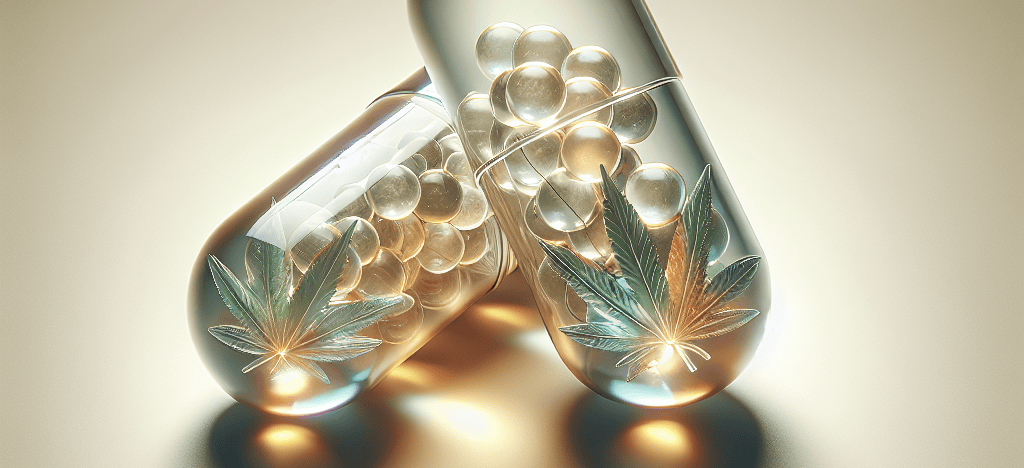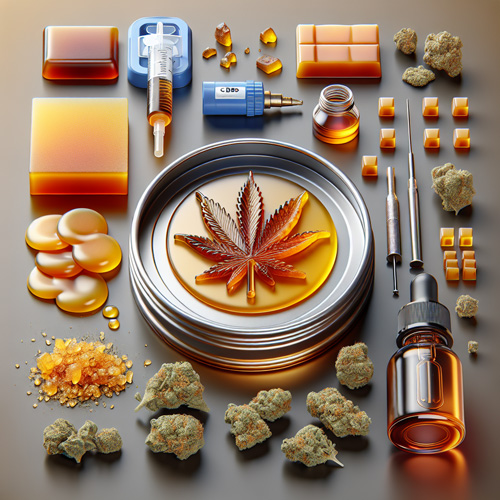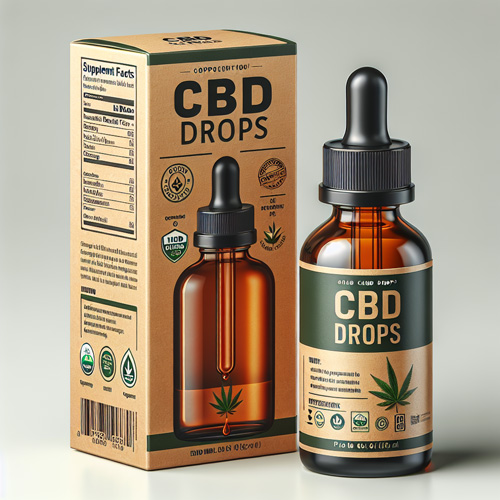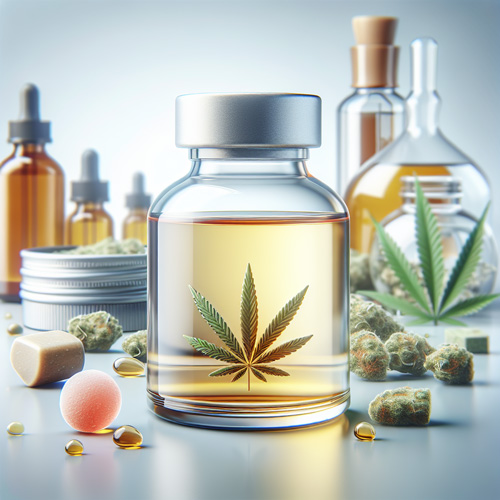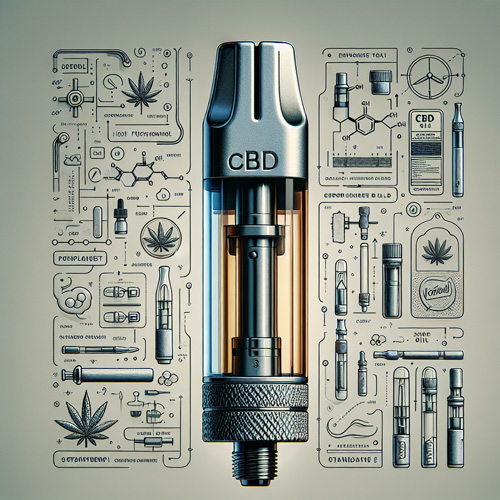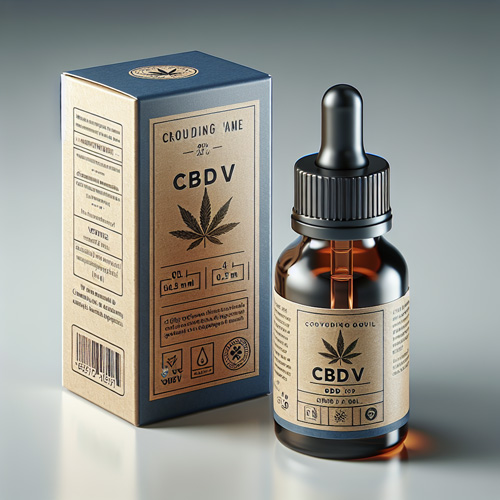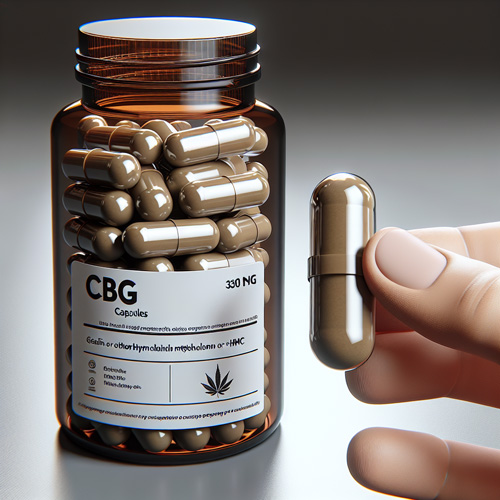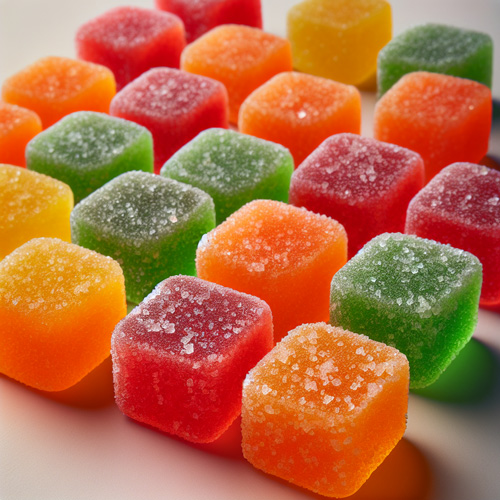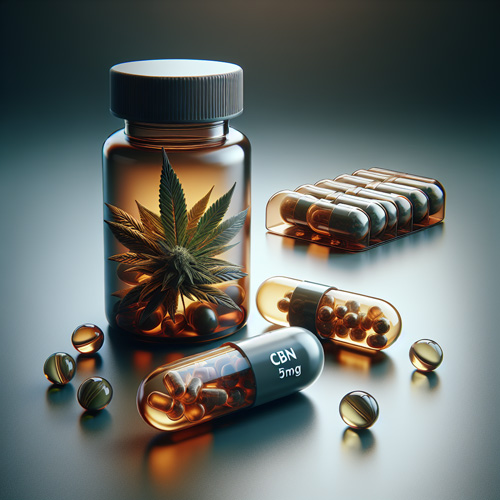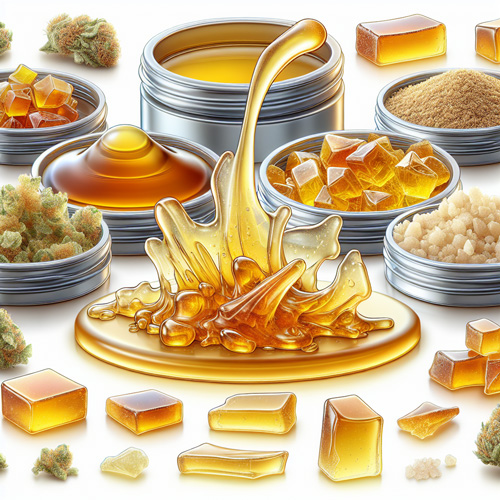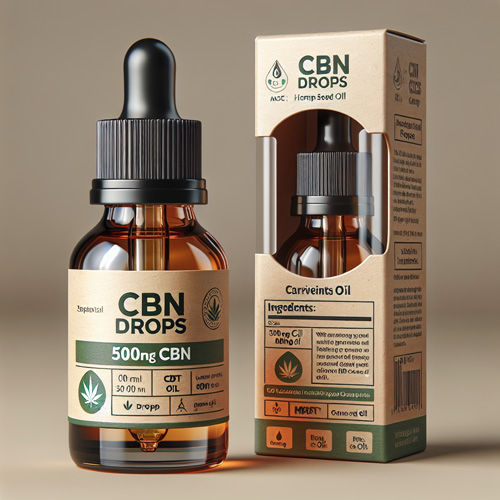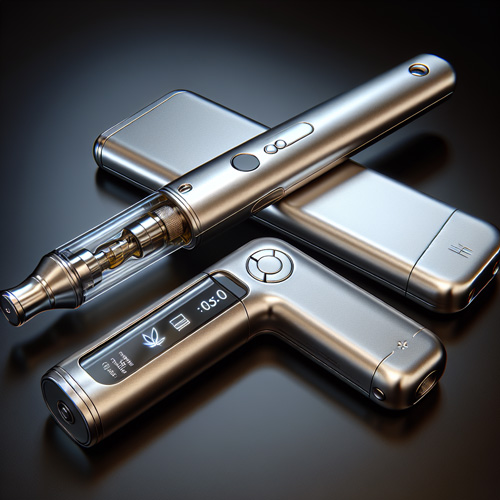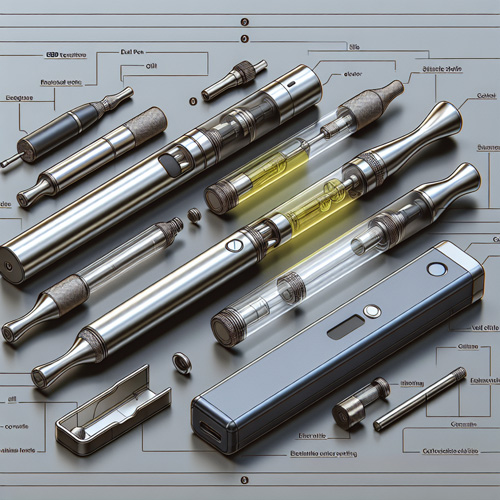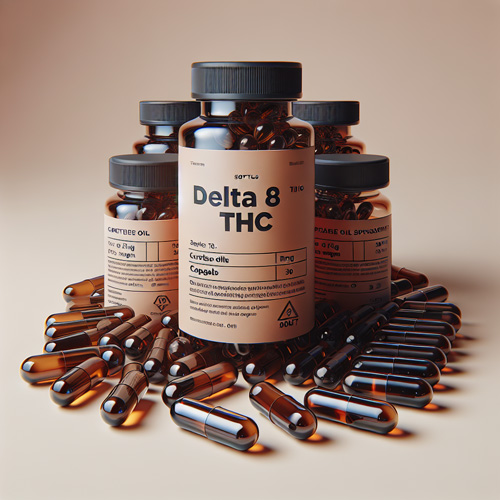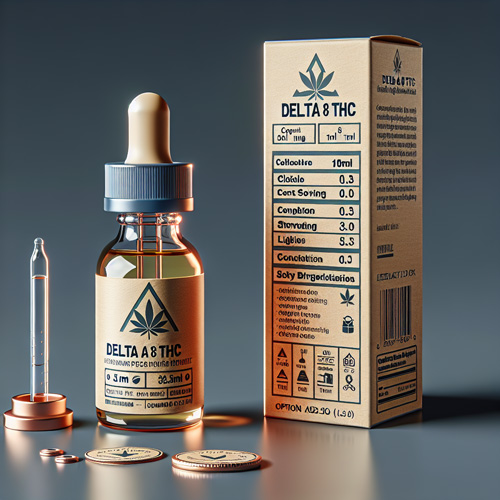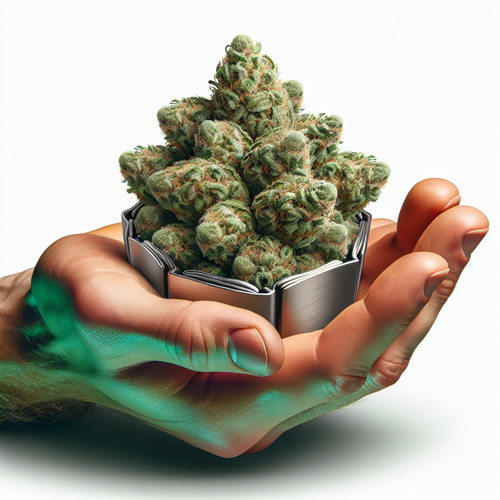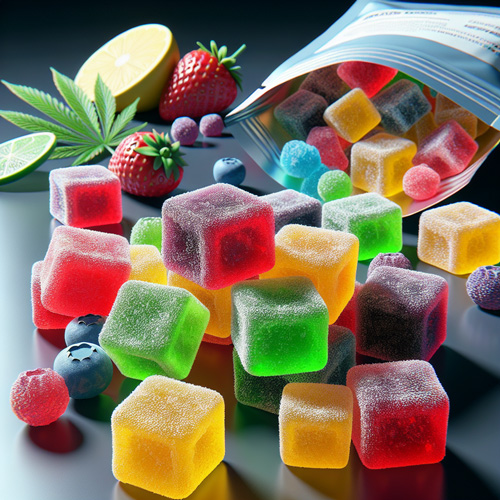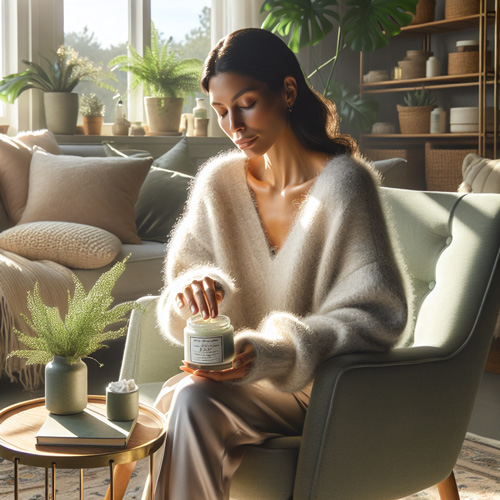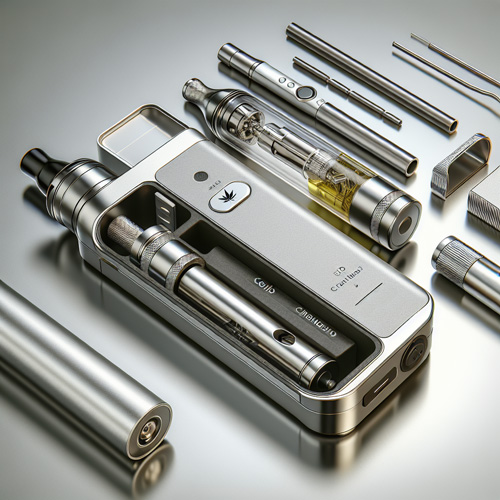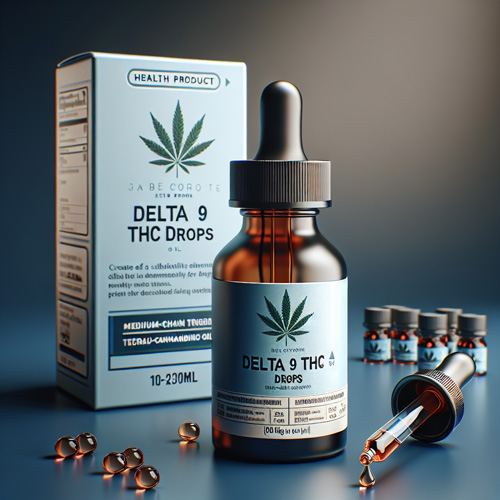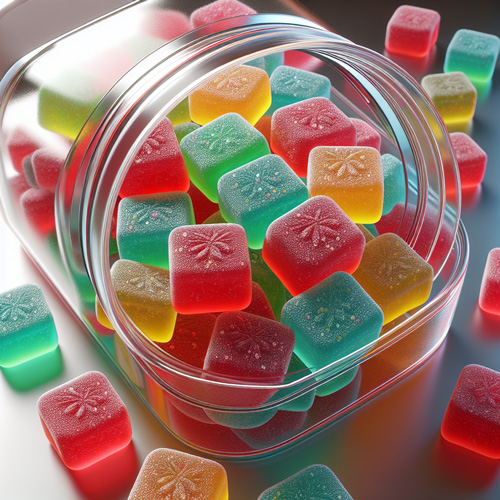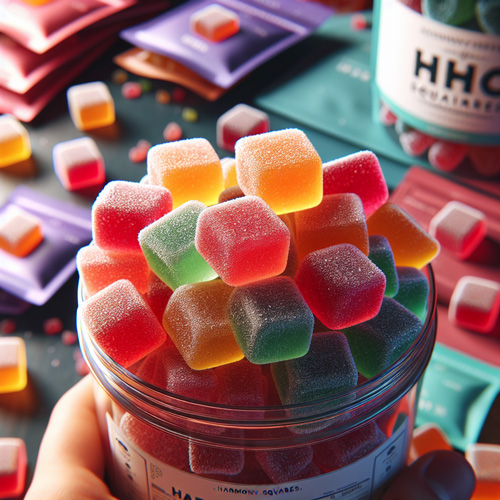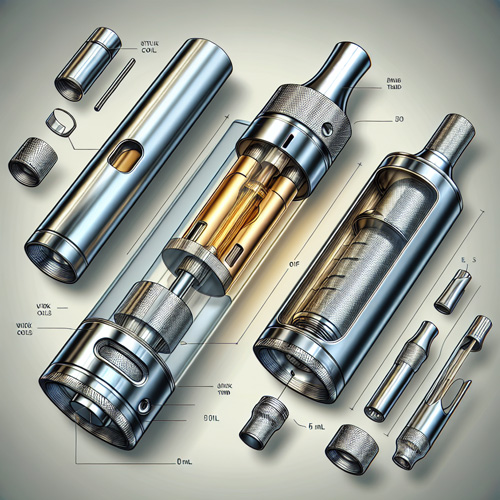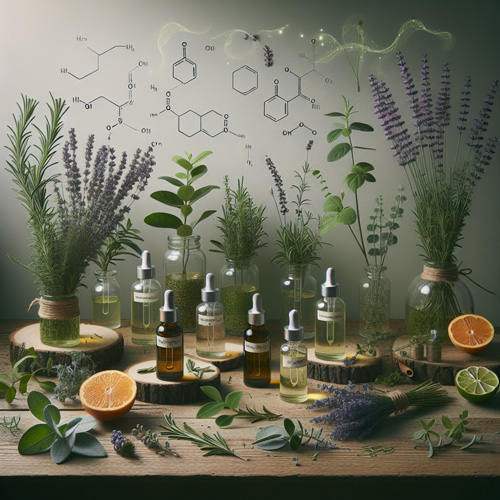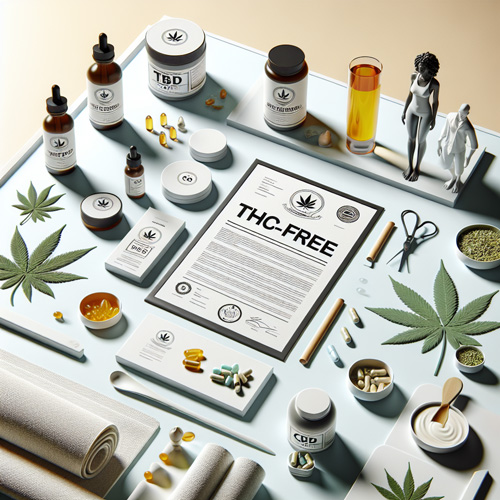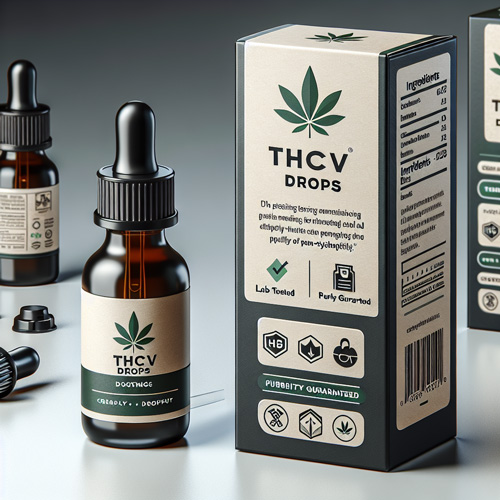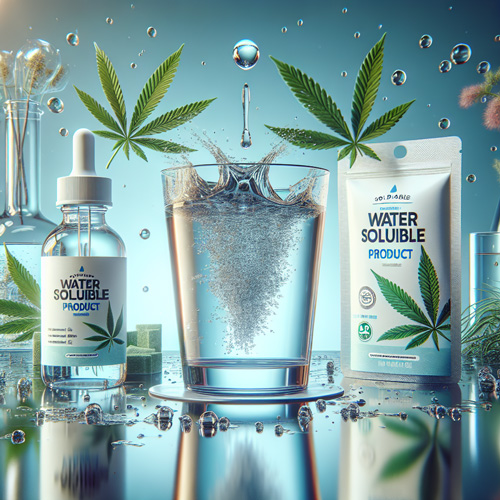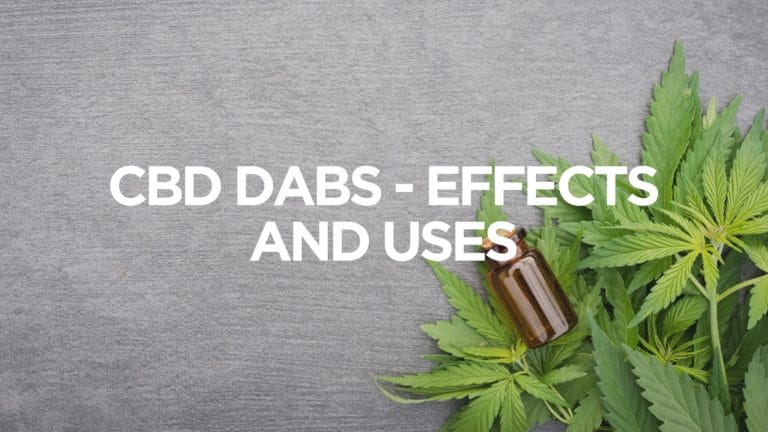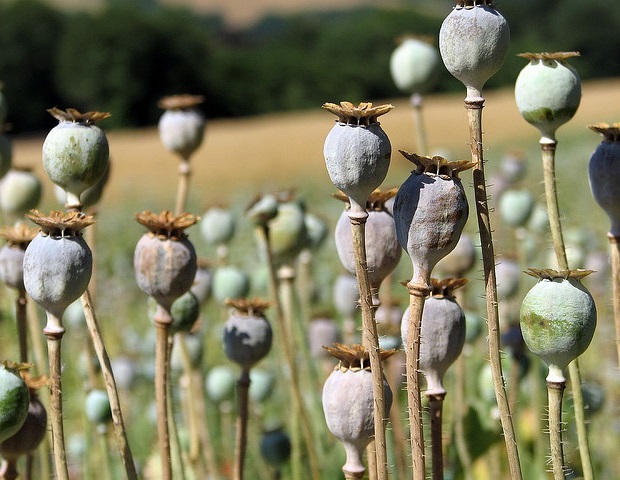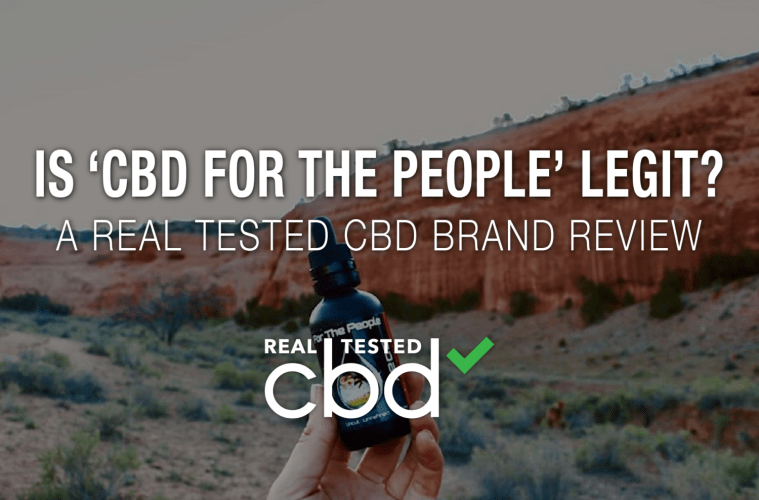CBD Oil Facts vs Fiction: 10 of the Most Common Myths Explained
If you want help separating the CBD oil facts from the CBD oil fiction, keep reading. Ten of the most common CBD oil myths are debunked below.
The cannabis market is on track to grow by 700 percent by the year 2020, and a lot of that growth is expected to come from people seeking out CBD-infused products.
For the last few years, CBD has become increasingly popular, with people claiming it can treat everything from insomnia to acne. CBD is not approved by the FDA in the treatment, prevention, nor curing of any disease at this time.
At the same time that many people are touting CBD as the cure for all their problems, plenty of other people are spreading flat-out false information about it.
If you want help separating the CBD oil facts from the CBD oil fiction, keep reading. Ten of the most common CBD oil myths are debunked below.
Myth #1: CBD Oil Will Get You High
One of the most pervasive myths about CBD oil is the myth that CBD will get you high.
In reality, CBD is nonpsychoactive. This makes it much different from delta-9 THC, the primary cannabinoid that causes cannabis’s euphoric effects.
The CBD products sold on this site use CBD that comes from the hemp plant, which is a cannabis plant that contains a minute trace amount (0.3 percent) of THC after the hemp plants are harvested and dried.
In addition to being non-psychoactive itself, CBD actually can negate the psychoactive effects of THC, helping one level their heads should they consume too much THC.
Myth #2: CBD Oil is Not Safe for Children
Some parents are hesitant to give their children CBD oil, largely because they’ve fallen victim to the first myth on this list and believe that CBD oil will get their kids high (see myth #1).
Because CBD is non-psychoactive, it’s perfectly safe for children.
It’s also highly effective at helping with a number of symptoms and the side effects of chemotherapy drugs. In fact, one doctor has reported seeing CBD be 70-75 percent effective on children with epilepsy.
Myth #3: CBD is Only Available Where Medical Marijuana is Legal
Some people want to try CBD oil, but they also think they can’t access it because they don’t live in a state where medical or recreational cannabis has been legalized.
This definitely isn’t the case, though. When you’re using hemp-derived CBD oil, you can access it anywhere in the United States without a prescription. Don’t forget, we offer free shipping with today’s order and ship quickly and discreetly to your door.
Myth #4: CBD is Good, THC is Bad
Because CBD is non-psychoactive, some people are under the impression that is the “good” cannabinoid and THC is the “bad” one. In reality, both THC and CBD (and the other parts of the cannabis plant, for that matter) have incredible therapeutic benefits.
CBD can dampen some of the psychoactive aspects of THC (lower the ‘high’), and it can also enhance many of THC’s therapeutic effects.
We do offer full spectrum products throughout the site, and some do contain trace amounts of naturally occurring THC to capitalize on the entourage effect.
Of course, if you don’t live in a state where cannabis has been legalized, using high THC products most likely won’t be an option for you. However, if you live in one of the states that have a medical or recreational program, keep in mind that THC doesn’t need to be vilified. Both cannabinoids have important benefits that can help you overcome a variety of conditions.
Myth #5: All CBD Products are the Same
Maybe you’re ready to try CBD but don’t know how to choose the right CBD products. Some businesses would have you believe that all products are the same. This certainly isn’t true, though.
Just like any product on the market, some CBD products are of a higher quality than others.
The quality of a CBD product depends primarily on where the CBD comes from. In order to see the greatest benefits from your CBD oil or other product, it’s important to make sure you’re buying from a company that makes its products from organic plants that are grown in the United States or Europe.
It can be hard to tell which CBD businesses are legitimate and which are not, especially since the industry is largely unregulated at this point.
One good way to tell if you’re purchasing a quality product is to look for a business that pays for third-party testing.
The fact that they’re willing to shell out extra money for third-party testing is a sign that they truly care about the quality of what they’re selling and want to make sure it’s safe for people to use.
Myth #6: CBD is a Sedative
While CBD can promote better sleep (often in people who have a hard time sleeping because of pain or anxiety), it’s actually not a sedative in and of itself. In fact, CBD actually dampens the sedating effects of THC.
Many people who consume CBD, report feeling more alert, especially if they’re taking it in large amounts. For others, larger servings appear to be more calming and better for those who are struggling with insomnia. This phenomenon is helped along with the use of terpenes. If terpenes like linalool are present, your product may be more relaxing. Pinene as a present terpene may help with focus and clarity. These are yet another benefit of the entourage effect.
Myth #7: A Large Amount of CBD is Needed
As CBD becomes more popular, many businesses are putting out a variety of CBD-infused products, including things like CBD drops and CBD capsules.
The problem with these products is that they often contain a varying amount of CBD — sometimes as many as hundreds of milligrams per serving. For some, this amount is too much to see any benefits.
When they don’t see benefits from these products, people often assume that CBD, itself, is ineffective.
CBD consumption is less noticeable than THC, so it’s important to make sure you’re taking a sufficient amount of CBD (that can be anywhere from 2 to 200 milligrams) to truly see results.
Of course, everyone is different, and some people can benefit from a very small serving of CBD. But, if you’re not seeing results from these small amounts, consider slowly increasing your dosage or using a more concentrated form (such as CBD oil) before you give up on CBD altogether.
Myth #8: CBD Activates Cannabinoid Receptors
Researchers don’t yet fully understand all of its benefits or exactly how it works in the body. What they do know, though, is that CBD does not stimulate the body’s naturally occurring cannabinoid receptors in the same way that THC does.
Rather than stimulating the CB1 or CB2 receptors, CBD actually dampens their activity level (this is why CBD lessens the effects of THC, which does stimulate these receptors).
Myth #9: Hemp Seed Oil is the Same as Hemp CBD Oil
Because a lot of CBD oil is derived from the hemp plant, some people have gotten it into their heads that hemp seed oil is the same as CBD oil.
Hemp seed oil does have nutritional value and is a great supplement for many people, however it does not actually contain significant quantities of CBD. That’s because CBD hemp oil comes from the resins and glands of the hemp plant. Hemp seed oil comes only from pressed hemp seeds.
Myth #10: There’s No Scientific Evidence that Backs up CBD’s Benefits
Of all the CBD myths out there, this one could not be further from the truth. Yes, CBD is still being studied, but that doesn’t mean that scientists haven’t been able to uncover significant benefits from their research so far. There have been many pioneers in the field, like the late Dr Ralph Mechoulam.
Want to Learn More CBD Oil Facts? Try it!
Now that you have some of the most important CBD oil facts, are you interested in trying out CBD oil or other CBD products for yourself? If so, check out our online store today.
